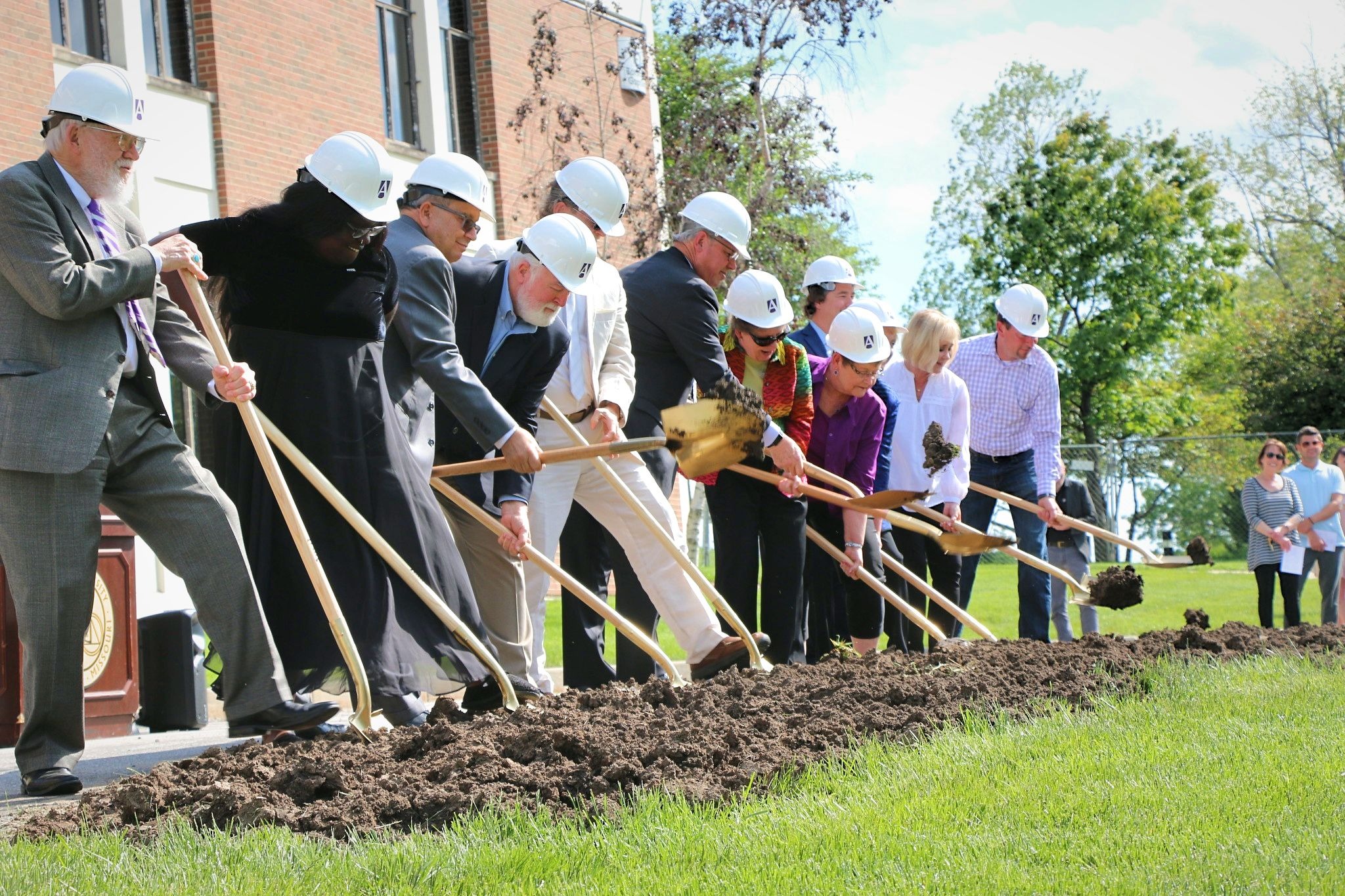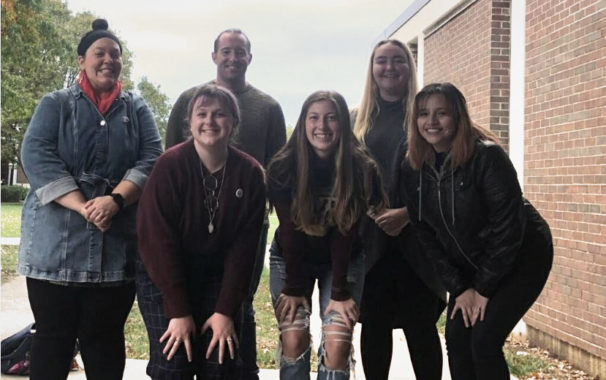In addition to being a full-time professor of psychology and cognitive science at Avila, Jordan Wagge, Ph.D., is also, among many things, the Executive Director of CREP (Collaborative Replication and Education Project) and, most recently, a podcast star. She led a conference session titled “Our Students Can Be Our Scientists,” which highlighted the following:
- Students can contribute to authentic research
- CREP is one way students can contribute to authentic research
- Students doing authentic research is consistent with DJS (Diverse, Just, and Sustainable) science
- Students can do authentic research without a ton of extra work for professors
Could you summarize CREP in a couple of sentences?
Oof, I blew past “couple,” LOL.
The Collaborative Replication and Education Project (CREP) is a group of professors spread around the world who help students and instructors incorporate authentic research into their curriculum by completing replication studies (that means that they repeat the work that other scholars have done and published, to determine whether they can recreate the same results). Replications aren’t done enough in the social sciences, so this is a way to perform that service for the field but ALSO allow students to do authentic (*real*) research that will eventually be published. Normally, if students do projects, they develop and test hypotheses themselves, and the resulting studies are usually pretty sloppy. I write about this a bit in my forthcoming paper that I co-wrote with other CREP people – you can find a preprint here.
How did you learn about CREP, and what is your involvement?
My friend and colleague, Jon Grahe (from Pacific Lutheran University), started the CREP with two other scientists, Hans IJzerman and Mark Brandt. They were both at Tilburg University at the time, and now Hans is at Grenoble-Alpes, and Mark is at Michigan State. Jon and I had met when we co-presented at a conference: the topic was “How to design research projects to benefit the students, the instructor, and the field.” In Jon’s part of the talk, he proposed that we should be tapping into undergraduate research projects in our courses to try to provide a crowdsourced answer to the “big questions” in psychology. Turns out, one of the biggest questions is just how many different things we’ve found can replicate. Jon, Hans, and Mark started CREP, and I got involved shortly after. Jon was Executive Director until 2019, when I took over that role. I am currently the Executive Director.
Do you typically work with teachers/faculty who want to introduce authentic research to their students?
Yes! I promote CREP to folks as much as I can; I often pop up in Twitter threads and Facebook groups where people are looking for more meaningful projects for their students (that don’t come with a complete overhaul of how they teach… nobody has time for that). Almost all of our projects come to us through the instructors – students don’t typically hear about CREP from sources other than their instructors.
How do you spread the word about CREP?
Twitter, Facebook groups (social media in general), and CONFERENCES! Also, publications, like the one I linked above, and here’s another.
What is the current reach? Is CREP being used nationally?
OH yes, nationally and internationally. This calendar year alone, we have facilitated 31 projects from 14 institutions in at least five different countries.
Here is the list of institutions that have participated just this year:
- Avila University
- Central Connecticut State University
- Illinois Institute of Technology
- Kadir Has University
- Kamuzu University of Health Sciences
- Missouri University of Science and Technology
- Saint Joseph’s University
- Saint Louis University
- The Chinese University of Hong Kong
- The University of Akron
- University of Grenoble-Alpes
- University of the Fraser Valley
- University of Victoria
- Yeshiva University
Is the partnership between teachers and CREP free?
100% free!
You were recently on a podcast episode recorded at a conference during a live session that you led, right? Have you done that before?
Yes! The episode was recorded at Western Psychological Association (WPA) in Portland, Oregon, where I was invited as a Distinguished Speaker to talk about this project. I have been invited to speak at other conferences; right before COVID in February 2020, I presented CREP at SETOP (Southeastern Teachers of Psychology). I also gave a related presentation to Linda Hall Library’s online lecture series during Covid.
How often are you using CREP methodologies with students at Avila?
Every semester in my classes, I have students in the lab who also do CREP work (along with some meta-CREP work – we are interested in studying how effective it is at achieving specific outcomes in classes).
Were there any replication studies completed this year? If so, were there any interesting topics or outcomes?
Usually, we have a few studies going on at a time, and then we write them up for publication once there’s enough data across labs and interest in leading an authorship team. I have written up one study as lead author and have been involved in a few others. The latest one to wrap up was a Registered Replication Report which we will be submitting next week (this format means we submitted the paper before collecting data, and the journal agreed to publish it once we were finished). The first author on this paper, Braeden Hall, was a Master’s student of mine at Avila who is now completing his doctorate at Southern Illinois University in Carbondale. I can’t share the results until it’s published, but that will be soon!

